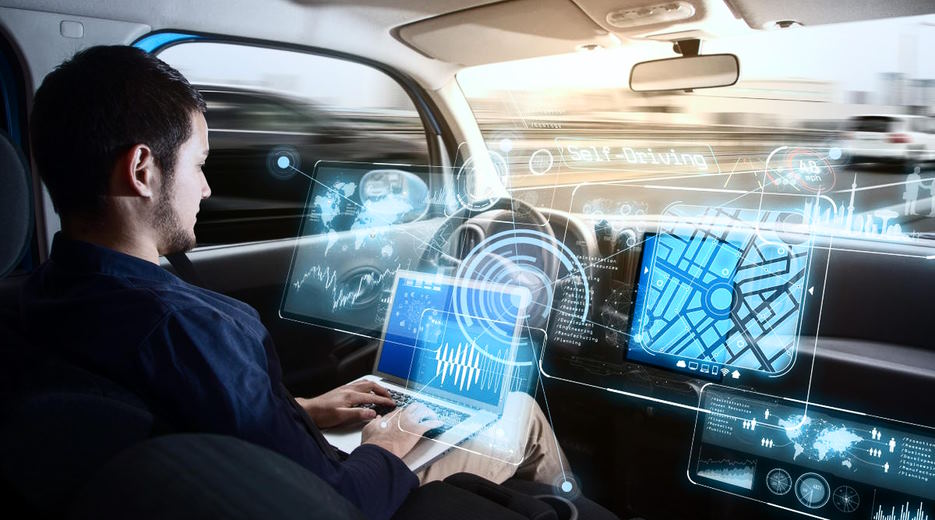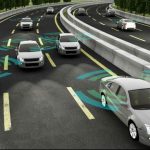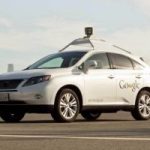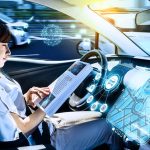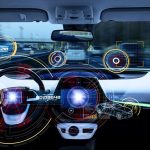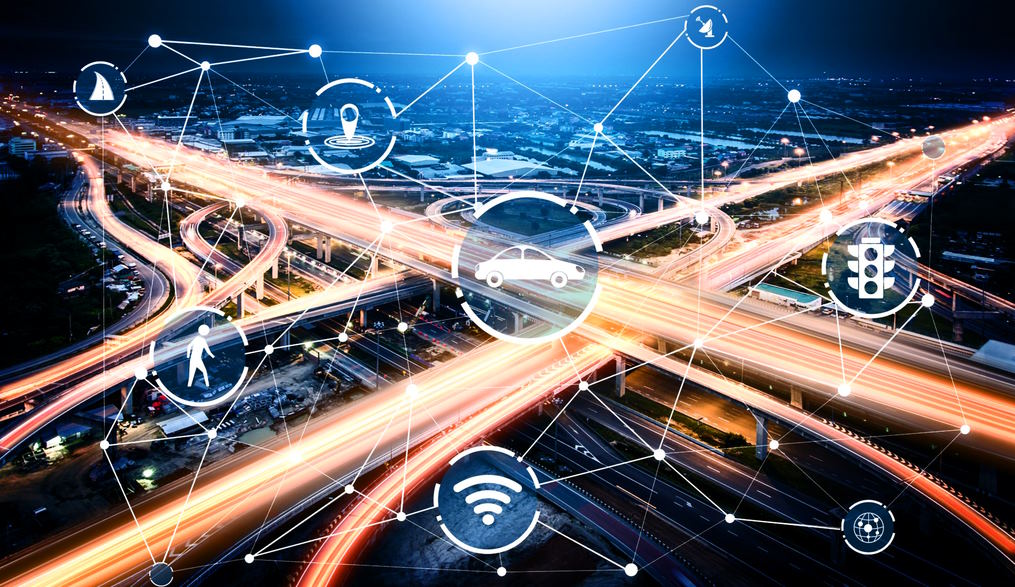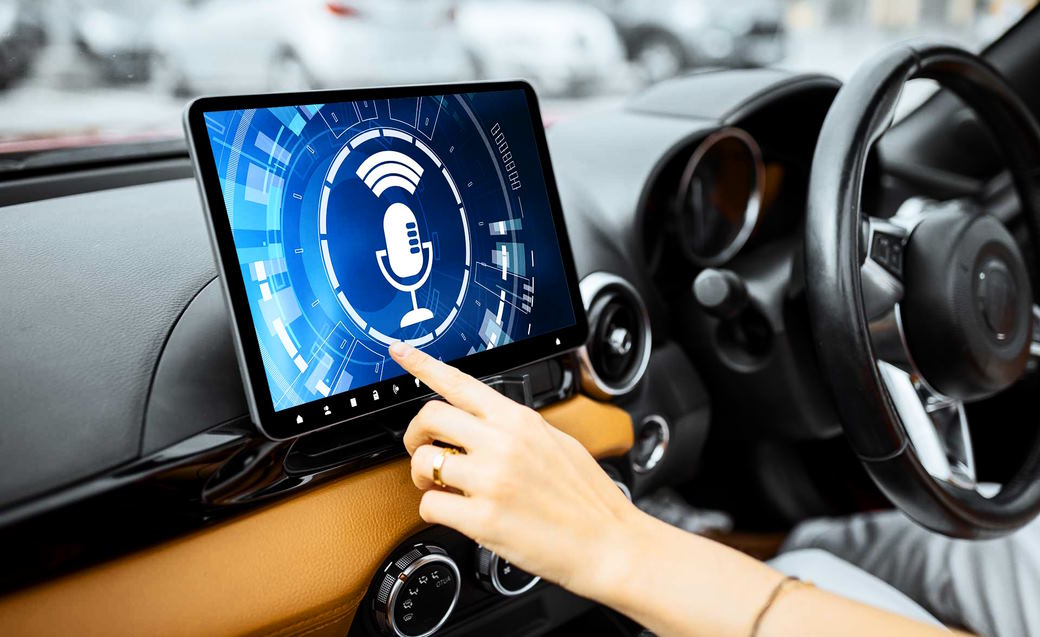For years, the idea of self-driving cars has been a dream for many science fiction and technology enthusiasts alike. But now, that dream looks to become a reality because of recent advancements in Artificial Intelligence (AI). As we move deeper into the 21st century, cars are becoming increasingly advanced with the help of AI and other technological breakthroughs. As a result, autonomous vehicles offer new possibilities when it comes to transportation solutions, and their potential impact is nothing less than fascinating – not only will they make driving safer, but they could potentially revolutionize our existing infrastructure too! In this article, we’re going to explore all these benefits that AI offers for future cars as well as its limitations along the way. So buckle up – you’re about to enter a world where humans can finally look forward to being driven around instead of doing all the work themselves!
How artificial intelligence is transforming the automotive industry
The automotive industry is one of the most rapidly changing industries in the world and has experienced a significant transformation due to the emergence of Artificial Intelligence (AI). AI enables cars to recognize their environment, allowing them to operate with greater precision and accuracy. In addition, this technology can automate mundane tasks such as navigation or even provide drivers with assistance in emergencies.
One major application of AI within the automotive industry is its use for autonomous vehicles. Autonomous vehicles can navigate roads without human input and could revolutionize transportation as we know it. Companies like Google, Tesla, and Uber have already begun researching this technology to develop self-driving cars that can safely navigate city streets. Additionally, these types of vehicles will likely become more efficient over time thanks to AI-powered algorithms that can analyze and optimize their performance.

Another way in which AI is transforming the automotive industry is through predictive maintenance. By leveraging machine learning algorithms, vehicles are able to detect anomalies or potential issues before they occur. This helps reduce breakdowns and costly repairs while at the same time increasing reliability and safety. Predictive maintenance also has applications within fleet management, enabling companies to better manage their fleets of vehicles by detecting any issues early on.
Finally, artificial intelligence can be used to provide drivers with assistance features such as lane departure warnings, adaptive cruise control, self-parking capabilities, and automatic braking systems. These features help drivers stay safe on the road by providing them with real-time feedback and guidance.
Overall, the utilization of artificial intelligence within the automotive industry brings numerous benefits and is expected to continue evolving in the years to come. By leveraging AI technologies, companies are able to develop safer, more reliable vehicles that can provide drivers with a smoother, more efficient driving experience. As this technology continues to advance, it will likely be integrated into all aspects of the automotive industry and change the way we think about transportation forever.
How AI is making our roads safer: a look at the latest autonomous vehicles
Autonomous vehicles are equipped with an array of sensors and systems that allow them to detect and safely respond to their environment. This includes features such as lane-departure warning, emergency braking, and adaptive cruise control – designed to help prevent accidents. In addition, AI-equipped cars can use data from the environment around them – including other vehicles, pedestrians, traffic lights, road signs etc. – to decide how best to navigate the roads safely.

The potential for autonomous vehicle technology is vast; manufacturers are now developing self-driving cars that can drive themselves without any human intervention. These cars would be able to sense their surroundings in real-time and react accordingly, potentially making roads much safer for all users.
Aside from autonomous vehicles, AI is making its presence in the automotive industry felt in other ways. For example, AI-powered speech recognition systems can turn voice commands into actionable tasks. Some cars even include AI-powered facial recognition technology that detect when a driver is distracted or drowsy. This could potentially prevent accidents caused by distractions or fatigue on the road.
Overall, it is clear that AI has a significant role to play in increasing safety on our roads. The future looks promising with continued advances in autonomous vehicle technology and further development of other AI technologies, such as facial recognition. We can only hope that one day soon, these technologies will help to reduce the number of road accidents in our communities drastically.

